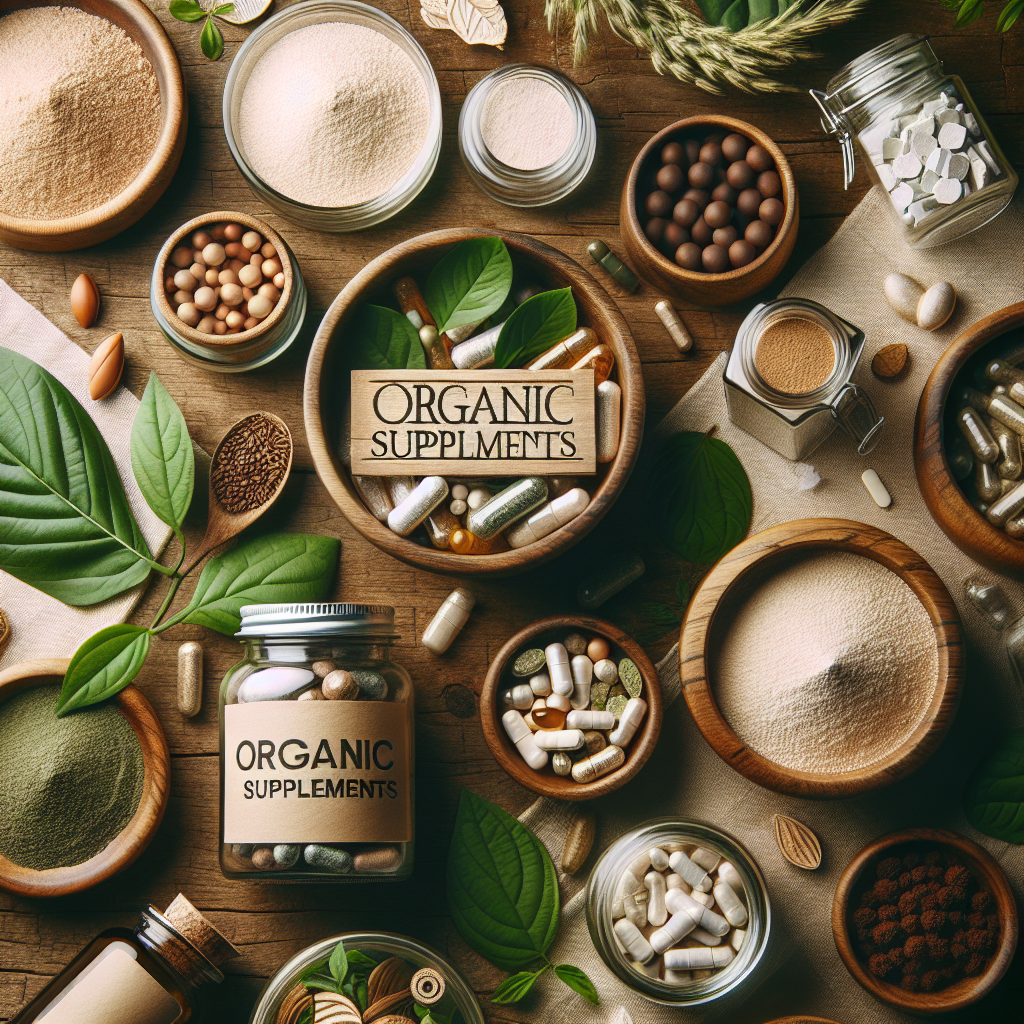Smile Brighter: Essential Tips for Natural Teeth Health
Achieving and maintaining a bright, healthy smile is a journey, not a destination. Natural teeth health involves a proactive approach that goes beyond simply brushing your teeth twice a day. It requires understanding the intricacies of oral hygiene, dietary choices, and lifestyle factors that contribute to the overall well-being of your teeth and gums. This comprehensive guide provides essential tips for maximizing your natural teeth health, empowering you to smile with confidence.
1. The Foundation: Effective Brushing Techniques
Brushing is the cornerstone of oral hygiene. But simply swiping a toothbrush across your teeth won’t cut it. The correct technique is paramount:
- Choose the Right Brush: Opt for a soft-bristled toothbrush. Hard bristles can erode enamel and irritate gums. Consider an electric toothbrush with a built-in timer and pressure sensor for optimal cleaning.
- Brush Twice Daily: Aim for at least two minutes each time, ideally in the morning and before bed.
- Angle and Technique: Hold your brush at a 45-degree angle to your gums. Use gentle, circular motions to clean each tooth surface – the outer, inner, and chewing surfaces. Don’t scrub; this can cause damage.
- Reach All Surfaces: Don’t neglect the back molars, often overlooked. Ensure you reach every surface of every tooth.
- Replace Your Brush Regularly: Replace your toothbrush every three months, or sooner if the bristles become frayed.
2. The Power of Proper Flossing
Flossing is often overlooked, but it’s crucial for removing plaque and food particles from between teeth, where your toothbrush can’t reach.
- Choose the Right Floss: Experiment with different floss types to find what works best for you. Waxed floss is easier to navigate in tight spaces, while unwaxed floss may squeak, indicating a clean surface.
- Technique is Key: Break off approximately 18 inches of floss. Wind most of it around your middle fingers, leaving an inch or two to work with.
- Gentle and Deliberate: Guide the floss between your teeth using a gentle sawing motion. Curve the floss around each tooth in a “C” shape, sliding it up and down the side of the tooth and under the gumline.
- Don’t Snap: Avoid snapping the floss, which can damage your gums.
- Floss Daily: Make flossing a non-negotiable part of your daily routine, preferably before brushing to allow the fluoride in your toothpaste to reach the newly cleaned surfaces.
3. Dietary Choices: Fueling Your Smile
What you eat has a profound impact on your teeth health. Certain foods and drinks promote tooth decay and erosion, while others strengthen your teeth and gums.
- Limit Sugary Foods and Drinks: Sugar is the primary fuel for bacteria that cause tooth decay. Reduce your intake of sugary snacks, candies, sodas, and juices.
- Opt for Water: Water is the best drink for your teeth. It helps rinse away food particles and dilutes acids.
- Embrace Crunchy Fruits and Vegetables: Apples, carrots, and celery act as natural toothbrushes, stimulating saliva production and helping to clean teeth.
- Dairy for the Win: Milk, cheese, and yogurt are rich in calcium and phosphorus, essential minerals for strong teeth. They also help neutralize acids in the mouth.
- Be Mindful of Acidic Foods: Citrus fruits, vinegar-based dressings, and carbonated beverages can erode enamel. Consume them in moderation and rinse your mouth with water after eating.
- Consider Sugar-Free Gum: Chewing sugar-free gum after meals can stimulate saliva flow, which helps neutralize acids and wash away food particles.
4. The Importance of Regular Dental Checkups
Visiting your dentist regularly is crucial for preventative care and early detection of oral health problems.
- Schedule Routine Checkups and Cleanings: Aim for checkups and professional cleanings every six months, or as recommended by your dentist.
- Professional Cleaning Benefits: Dentists use specialized tools to remove plaque and tartar that you can’t remove at home. They also polish your teeth and provide fluoride treatment.
- Early Detection is Key: Regular checkups allow your dentist to identify cavities, gum disease, and other potential problems early on, when they are often easier and less expensive to treat.
- Address Any Concerns Promptly: Don’t delay seeking professional help if you experience tooth pain, sensitivity, bleeding gums, or other oral health issues.
5. Lifestyle Habits and Their Impact
Certain lifestyle choices can significantly affect your teeth health.
- Quit Smoking and Avoid Tobacco Products: Smoking and tobacco use dramatically increase the risk of gum disease, tooth loss, and oral cancer.
- Moderate Alcohol Consumption: Excessive alcohol consumption can contribute to tooth decay and gum disease.
- Manage Stress: Stress can weaken your immune system, making you more susceptible to gum disease and other oral health problems.
- Wear a Mouthguard During Sports: Protect your teeth from injury by wearing a mouthguard during contact sports.
- Be Mindful of Teeth Grinding (Bruxism): If you grind your teeth, especially at night, talk to your dentist about possible solutions, such as a nightguard.
6. Fluoride: A Powerful Ally
Fluoride is a naturally occurring mineral that strengthens tooth enamel and helps prevent tooth decay.
- Fluoridated Water: If your tap water is not fluoridated, talk to your dentist about fluoride supplements or using a fluoride toothpaste.
- Fluoride Toothpaste: Use a fluoride toothpaste, recommended by dental professionals.
- Professional Fluoride Treatments: Dentists can apply fluoride treatments during your checkups, providing an extra layer of protection.
7. Home Remedies & Considerations
While the foundation for oral health is the methods outlined above, there are some additional considerations that could assist in promoting strong, healthy teeth.
- Oil Pulling (with caution): While oil pulling with coconut oil is a popular practice for some, it’s important to note that there’s limited scientific evidence to support its effectiveness in improving oral health.
- Avoid Excessive Teeth Whitening: Over-the-counter whitening products can sometimes be abrasive. Consult your dentist.
By consistently incorporating these tips into your daily routine, you can significantly improve your natural teeth health, achieve a brighter smile, and maintain optimal oral well-being for years to come.
Discover more from NatureZen Market
Subscribe to get the latest posts sent to your email.










